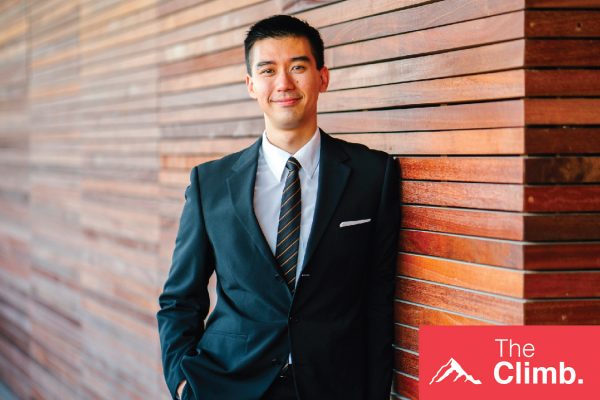
Most people believe that to achieve great big goals, they need to take significant big steps. But the truth is, success is a process of accumulating gradual improvements- a journey of taking small but constant steps in the right direction.

In Japanese culture, this philosophy is called kaizen, which means “continuous improvement in personal life, home life, social life, and working life.”
For example, The British Cycling Team.

In 2002, Sir Dave Brailsford became head of the British Cycling Team.
He had a massive but straightforward challenge ahead: to improve the team’s performance and win gold medals in the coming competitions.
The British cycling team, however, had only won one gold medal in its 76-year history. And in 110 years, no British cyclist had ever won the Tour de France. Their performance as a team was so low that bike manufacturers did not want to sell them their gear in fear of hurting their sales and reputation.
So to win, Brailsford devised a strategy inspired by the kaizen philosophy.
He knew that they could turn the team’s performance around with perseverance, diligence, and patience.
Forward six years later, at the 2008 Beijing Olympics.
The British cycling team won seven out of ten gold medals in track cycling. And since Brailsford began coaching Britain’s professional cycling team, they have won three of the last four Tour de France.
How did he do it? The 1% Rule.
Brailsford summarizes the approach like this:
“The whole principle came from the idea that if you broke down everything you could think of that goes into riding a bike, and then improve it by 1 percent, you will get a significant increase when you put them all together.”
As a team, they searched for small improvements in everything they did.
They began with improvements you would expect, such as:
Redesigning their bike seats to make them more comfortable.
They experimented in wind tunnels and searched for improvements to aerodynamics.

But more importantly, what made their strategy successful was going beyond the obvious to find more improvement areas.
They hired a surgeon to teach the entire team how to wash their hands properly to avoid getting sick during competitions and even decided not to shake hands during the Olympics.
They looked for the perfect mattress and pillow for each rider to optimize their sleep.
They tested different massage gels to see which one led to the best recovery.
In the long term, those small improvements snowballed into a significant increase in performance.
Doing everything 1% better.
“We are what we repeatedly do. Excellence then is not an act, but a habit.” – Aristotle.

To achieve great things, we have to build the right habits and do small things that lead us there. It can be easy to underestimate little improvements because we barely notice the results right away. But when these small actions add up and become habits, our entire mindset and way of doing things begin to transform.
Think of the changes or goals you want to achieve in your life. What tiny obvious and not-so-obvious changes can you begin to do today? Maybe small adjustments to improve your sleep or diet? Working or studying at a more comfortable chair with better light?
Every mountain is climbed by taking individual steps. Let’s start one step at a time.
If you enjoyed this edition of The Climb, share it with a friend.




